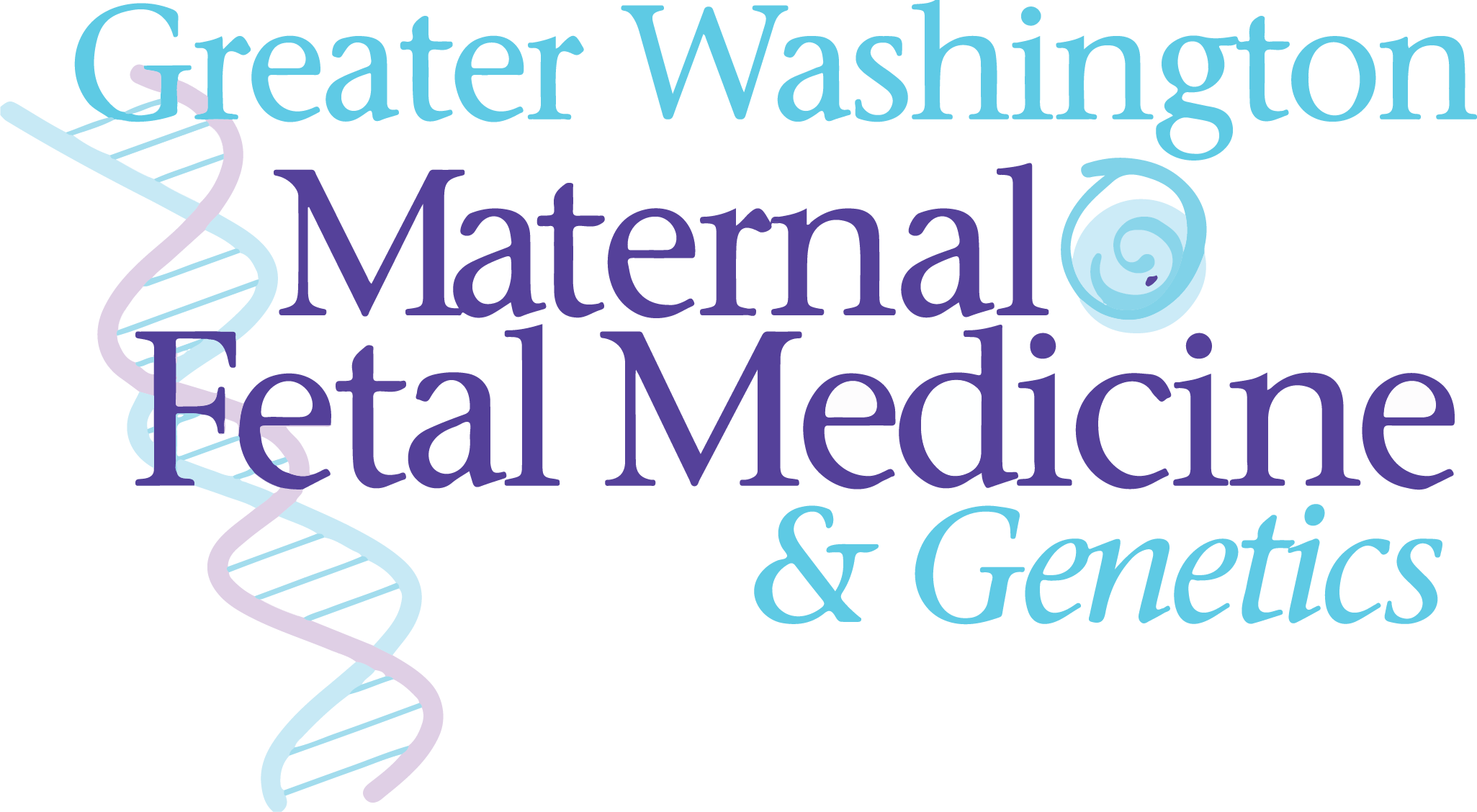The Difference Between Prenatal Screening and Diagnostic Testing
January 22, 2019

During your pregnancy, you have multiple testing options available. Some are described as screening and some are described as diagnostic. There are differences between these tests and the information they provide about your pregnancy.
Screening Tests
Screening is offered during both the first and second trimesters of your pregnancy. These tests use a combination of your maternal age, blood work, or a specialized fetal ultrasound to identify the chance of chromosomal abnormalities, such as Down Syndrome, Trisomy 21, Trisomy 18, or Trisomy 13 within your pregnancy. It also can provide further information regarding risk for other genetic conditions or structural differences noted within a pregnancy.
Common screening blood tests offered during pregnancy include first trimester screening, non-invasive prenatal testing/cfDNA screening (NIPT), second trimester screening, and maternal serum alpha fetoprotein levels (msAFP). Ultrasound is another common screening method performed throughout pregnancy. Please contact your GWMFM provider should you wish to learn more about the specifics of each of these screening options.
Screening is non-invasive and is not associated with a risk to your pregnancy. There are limitations associated with screening testing. Screening tests are associated with false positives as well as false negatives. Therefore, a high-risk result via a blood test such as first trimester screening, NIPT, or others is not diagnostic of a chromosomal or genetic condition within a pregnancy. High-risk screening results may warrant consideration of diagnostic testing.
Screening is available to all women in pregnancy, however, all genetic testing whether screening or diagnostic is optional.
Diagnostic Testing
Diagnostic testing offers a more definitive “yes” or “no” answer. Typically, diagnostic testing refers to a procedure such as chorionic villus sampling or amniocentesis. Unlike screening tests, diagnostic tests are invasive and are therefore are associated with risk to the pregnancy. It is always your choice as to whether you wish to pursue diagnostic testing following initial screening tests. Should you wish to learn more regarding the specifics of both chorionic villus sampling and amniocentesis in addition to other testing we encourage you to reach out to your GWMFM provider.




